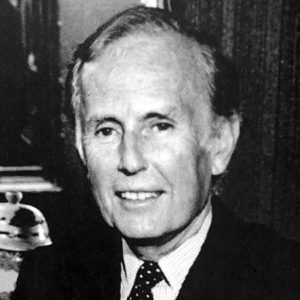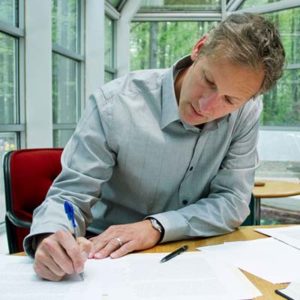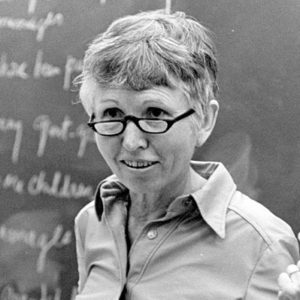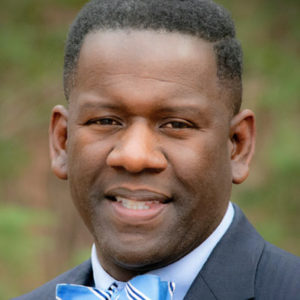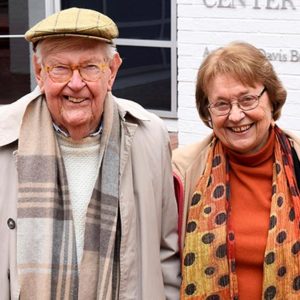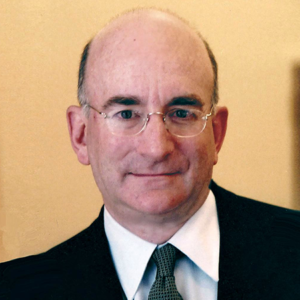
Alan Brinkley (1949–2019)
The trustees and staff of the National Humanities Center mourn the passing of trustee emeritus Alan Brinkley, who died on June 17 at the age of 70 in New York, NY. Brinkley, the Allan Nevins Professor Emeritus of History at Columbia University, was a trustee of the Center from 2003–2013, serving as chairman from 2010–2013. Widely recognized as one of the leading historians of twentieth century American politics and culture, Brinkley’s scholarship primarily focused on the era of the Great Depression and World War II.


